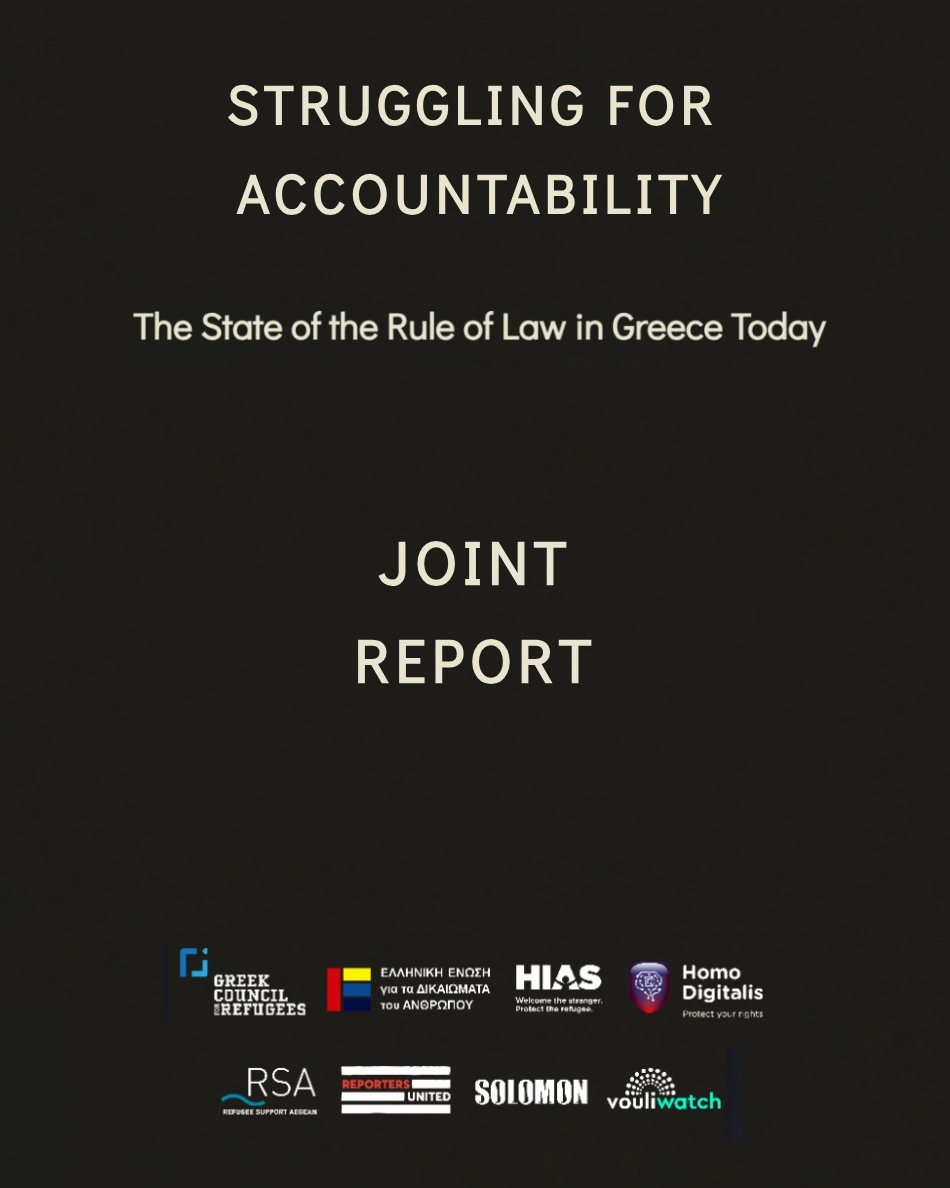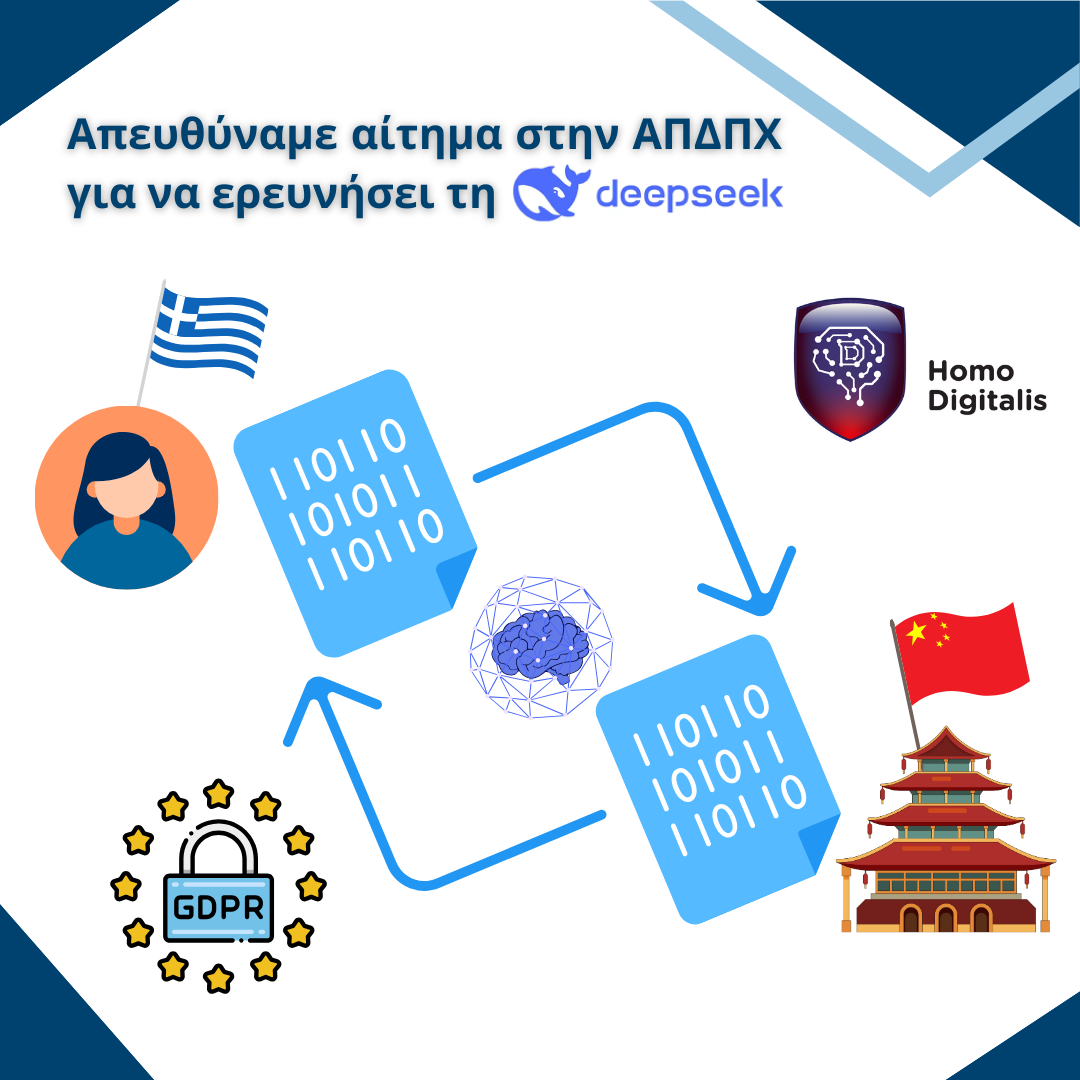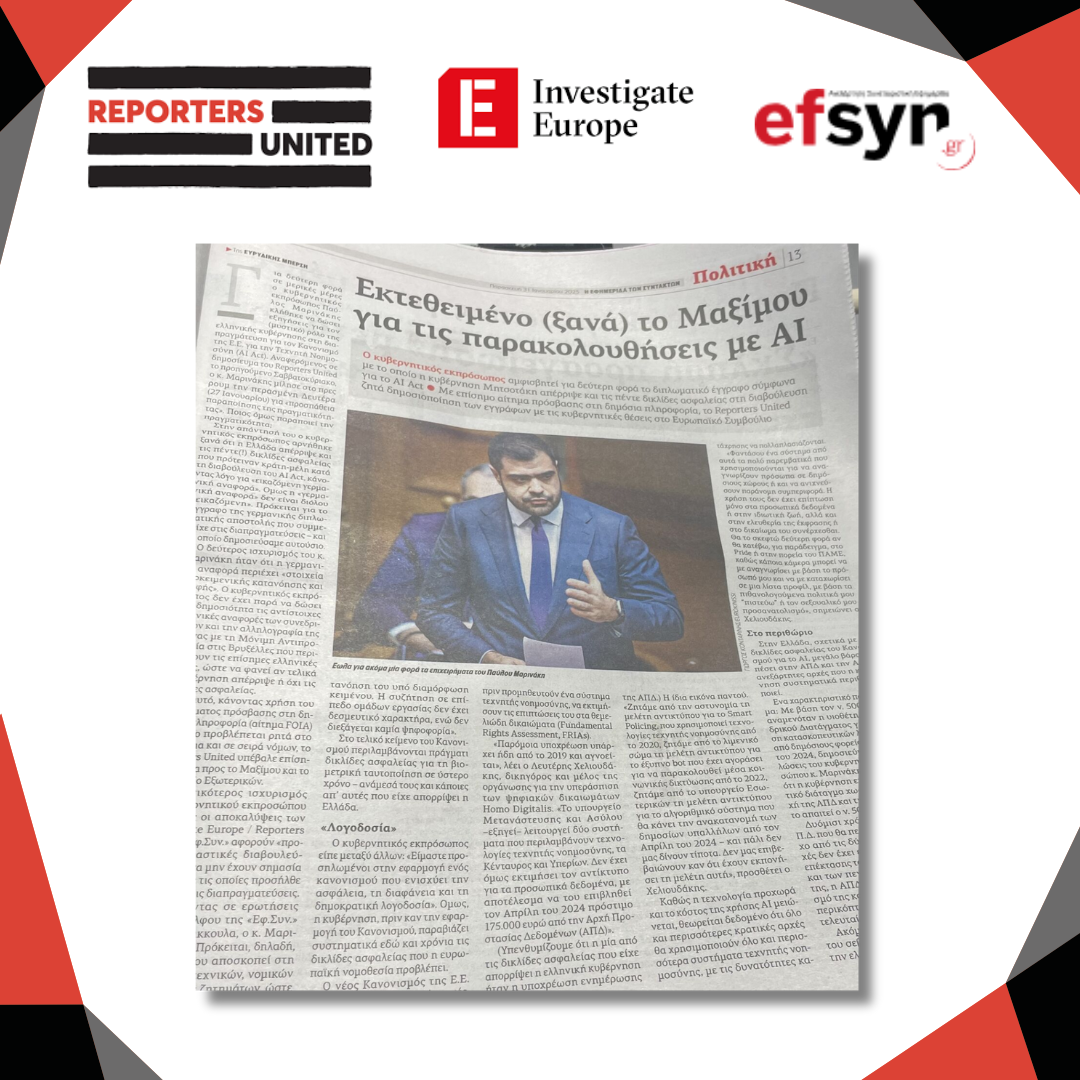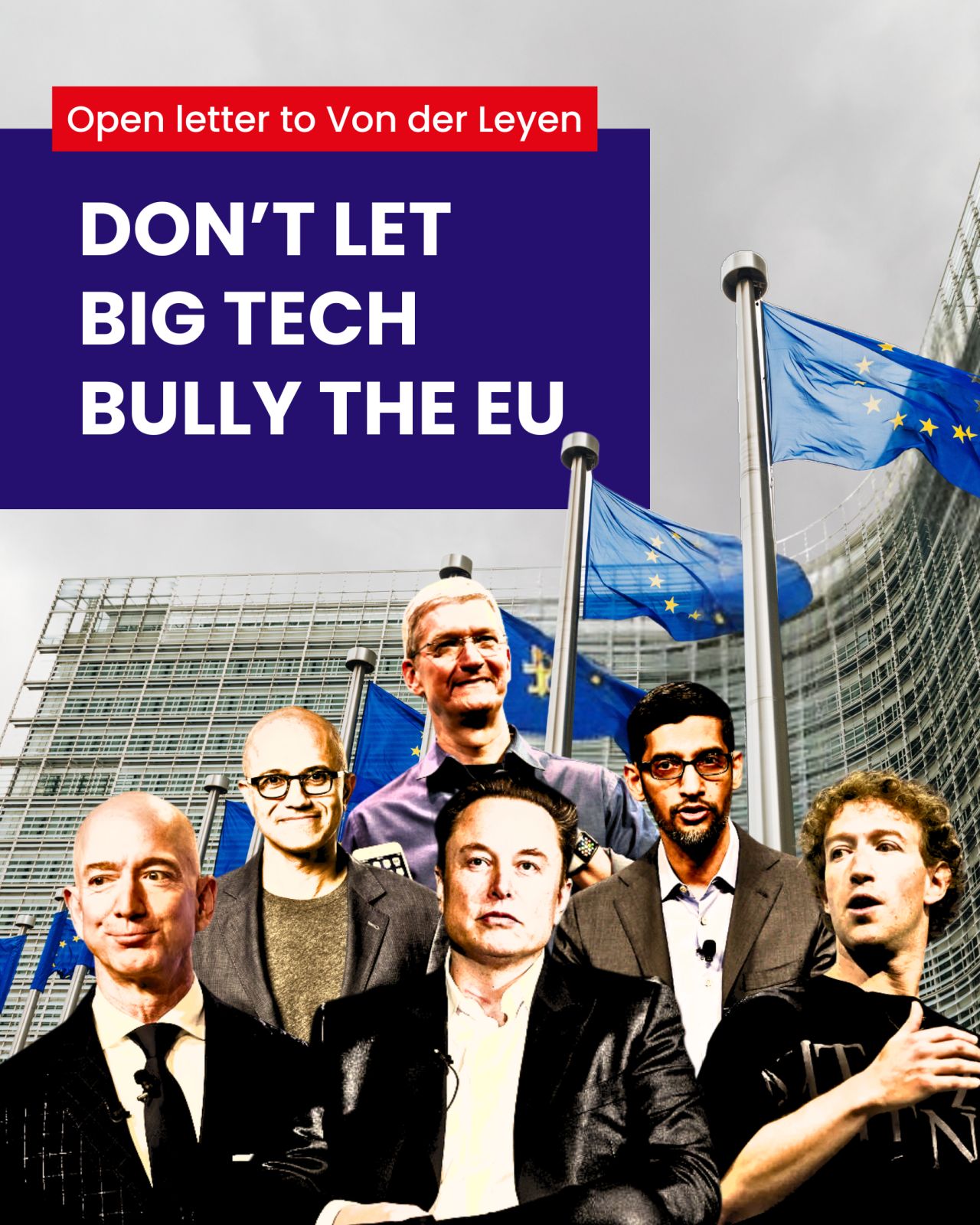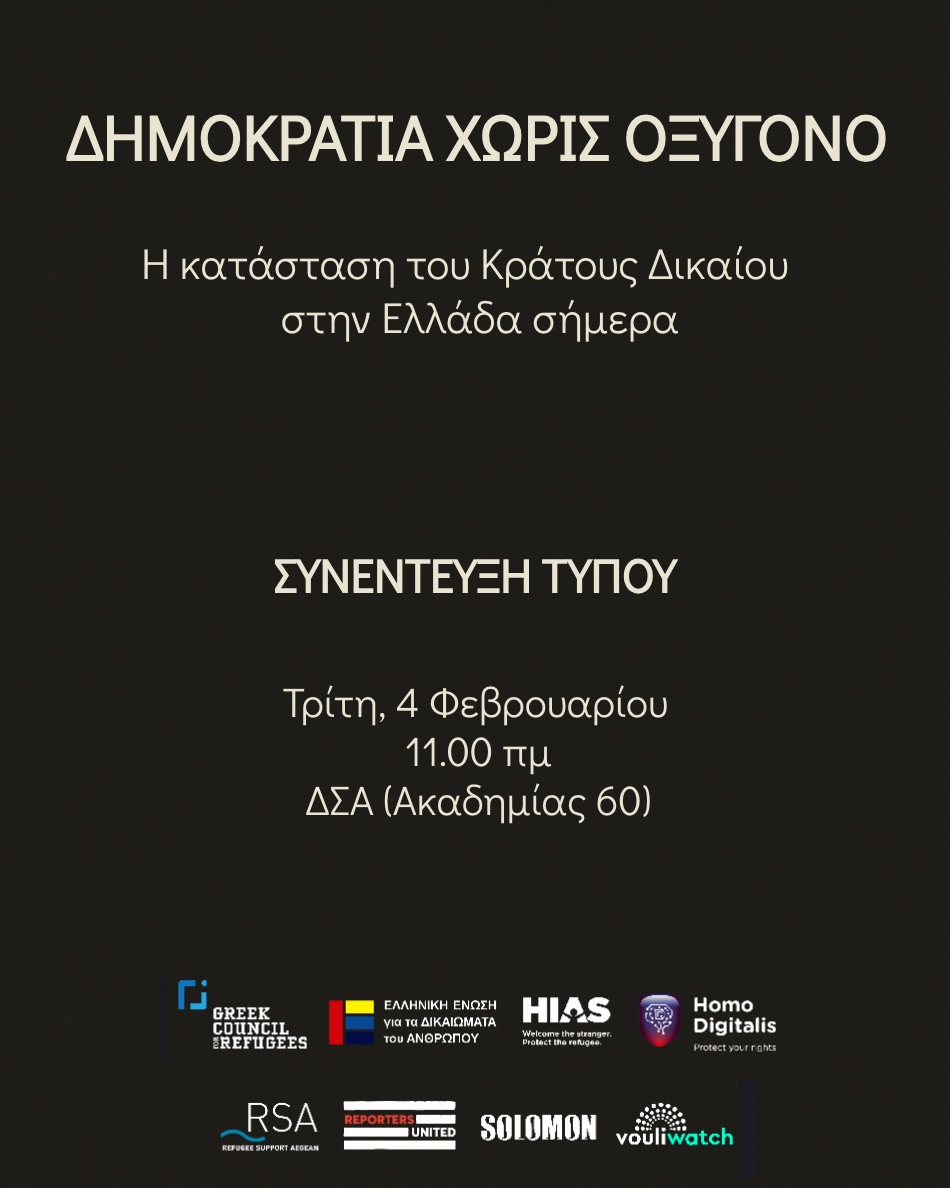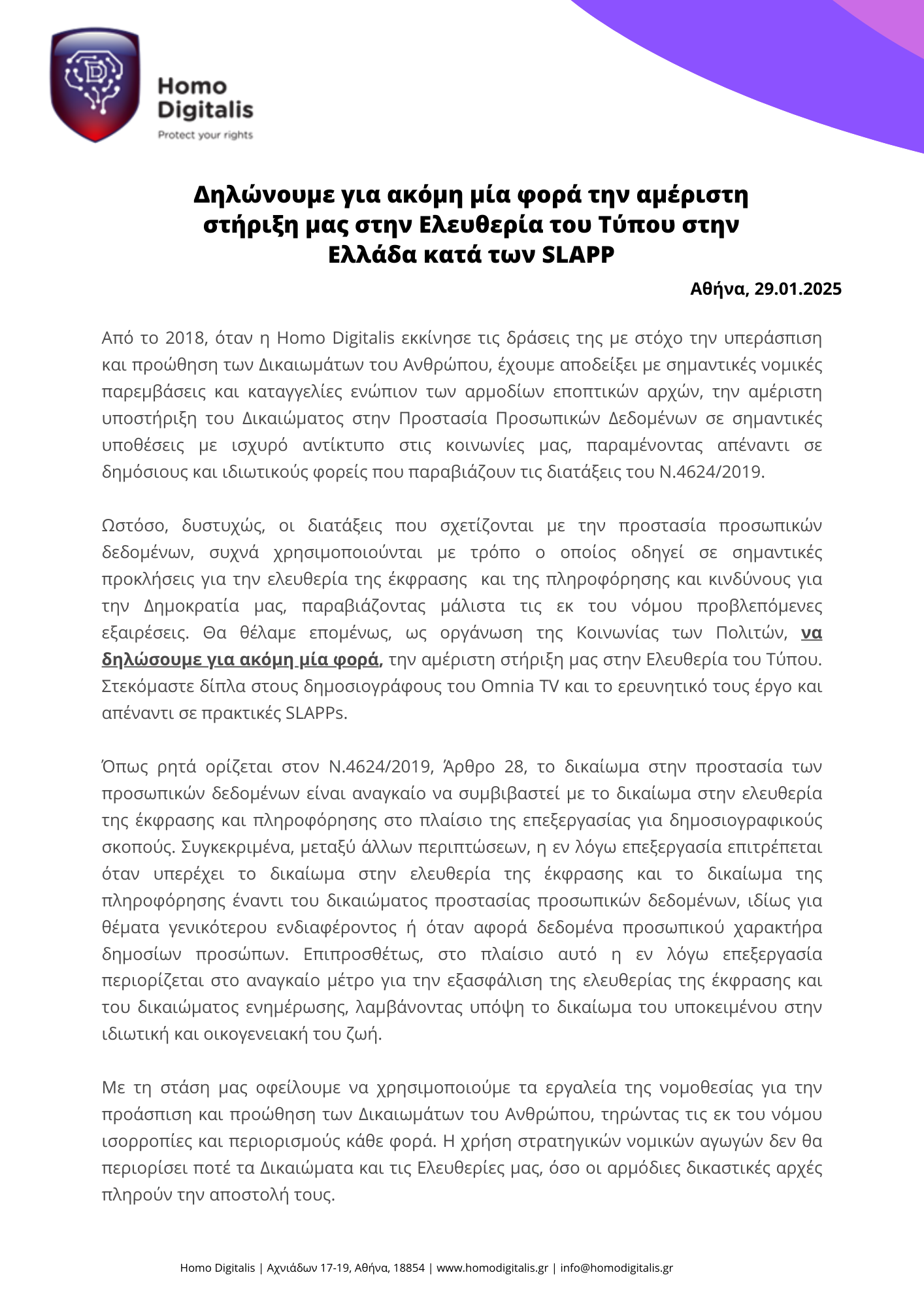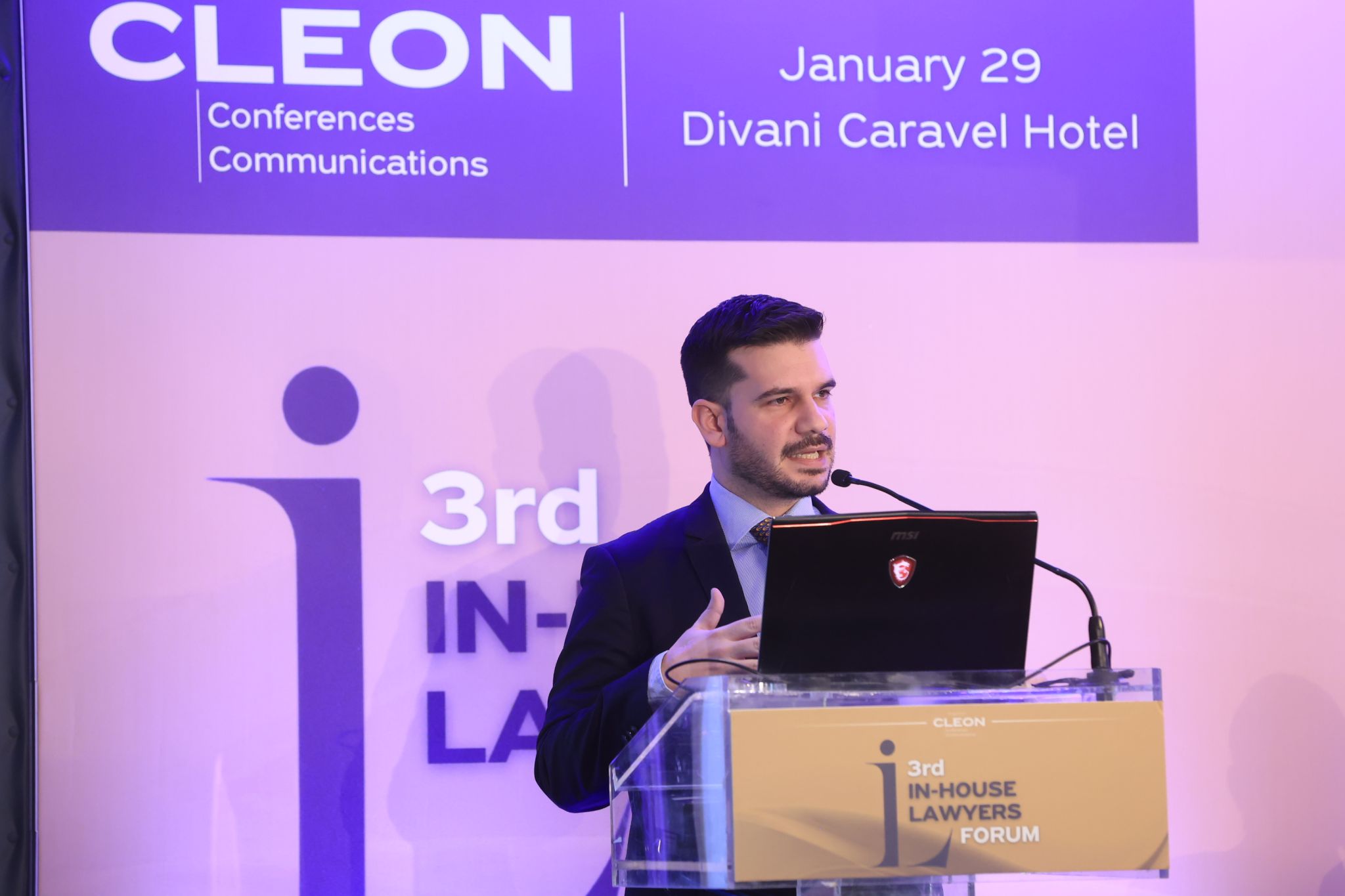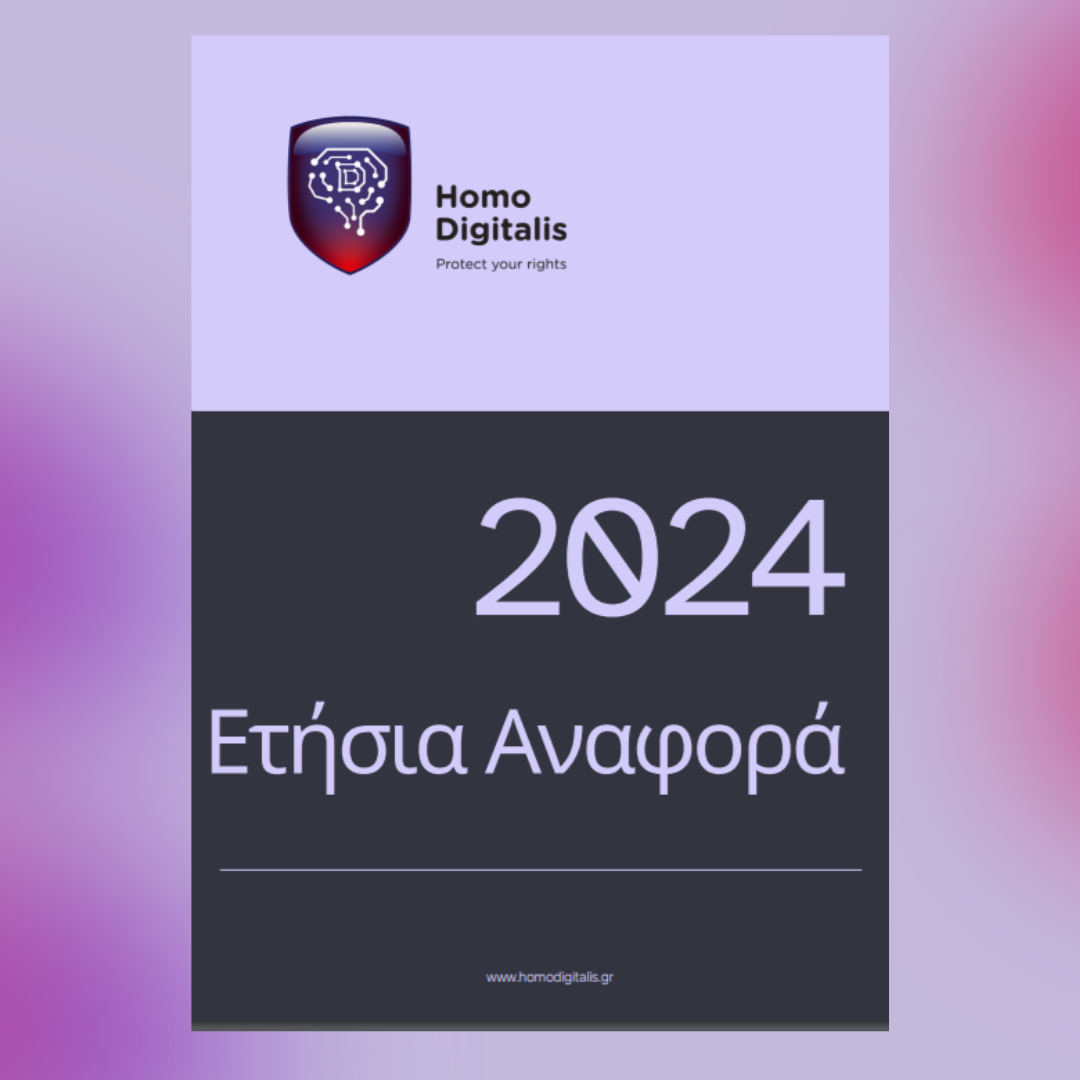The sixth open call of NGI TALER is here! Submit your application!
Got a groundbreaking idea for free software and privacy preserving projects that complement our mission as NGI TALER? Missed our first 5 funding calls? No worries!
NGI TALER’s 6th Open Call is live since 1st of February 2025 and you’ve got almost two month to apply. The deadline is 1st of April 2025, 12:00 CET (noon).
We’re on the lookout for proposals that will revolutionize digital payment systems and contribute to an open, trustworthy, and reliable internet for all.
NGI TALER is offering funding between 5,000 and 50,000 euros! Whether you’re a SME, academic, public sector entity, nonprofit, community, or an individual – we want your innovative ideas!
For example, you can enhance GNU Taler by developing auxiliary tools, improving user experience,creating integrations into FOSS applications (think P2P micropayments in instant messaging, social media platforms, or video conferencing tools), or boosting infrastructure components (like merchant backends), to name a few ideas.
For more info about this and other NGI funding calls, you can visit the NGI – The Next Generation Internet’s website here.
You can read the detailed Open Call, Guide for Applicants, Eligibility Requirements, and FAQs on NLnet Foundation’s website here
Last but not least, you can join our TALER Integration Community Hub (TALER ICH) to discuss and get your questions answered here.
Don’t miss out on this incredible opportunity!
NGI TALER is co-funded by the European Union. Views and opinions expressed are however those of the author(s) only and do not necessarily reflect those of the European Union. Neither the European Union nor the granting authority can be held responsible for them.
Press Release DEMOCRACY WITH NO AIR The State of the Rule of Law in Greece Today
On Tuesday 4 February, a Press Conference on the current state of the Rule of Law in Greece was successfully held at the Athens Bar Association with a significant turnout. The event was organised by the independent organisations Greek Council for Refugees (GCR), Hellenic League for Human Rights (HLHR), HIAS Greece, Homo Digitalis, Refugee Support Aegean (RSA), Reporters United, Solomon, and Vouliwatch.
You can watch the Press Conference here.
We warmly thank omniatv for organising and hosting the event.
The event was moderated by journalist Natasa Giamali. Representatives of the collaborating organisations presented the main points of the joint report submitted for the third consecutive year to the European Commission on the Rule of Law in Greece in 2024. This submission is part of the Commission’s annual review of national systems.
The speakers emphasised the key systemic issues undermining the Rule of Law in Greece. These issues, coupled with the growing authoritarianism in politics and attacks on human rights, cast a dark shadow over democracy, posing significant threats.
The urgency of the organisations’ call to the European Commission was also highlighted, pressing a shift in its approach and the need to focus not on the state’s “commitments” or “intentions” but on the accurate depiction of the situation in the country. Systematic violations of the fundamental principles of the Rule of Law must not be treated as isolated incidents.
Alexandros Mantzoutsos, Counselor and former Vice President of the Athens Bar Association, delivered a brief greeting.
Key presentations of the report
Stefanos Loukopoulos, Director of Vouliwatch:
“When the State itself undermines principles, procedures, and institutional counterweights through authoritarianism, impunity, and legal inconsistency, it fuels citizens’ distrust in institutions and leads, with mathematical certainty, to societal authoritarianism, with incalculable consequences for the future of Democracy.”
Minos Mouzourakis, lawyer at Refugee Support Aegean (RSA):
“There is a common thread connecting the Tempi train crash, the Pylos shipwreck, the wiretapping of politicians and journalists, the violent disappearances of refugees in Evros and the Aegean, and police brutality: the inability of the Greek justice system to fulfil its duty to attribute responsibility for arbitrariness and criminal offences perpetrated by the state.”
Additional statements from representatives of the other organisations
Alexandros Konstantinou, Lawyer, Greek Council for Refugees (GCR):
“Recently, the European Court of Human Rights found for the first time the ineffectiveness of the Greek criminal justice system in investigating pushback cases (A.R.E. v. Greece, Judgment of 7 January 2025). These cases, involving unlawful actions by state authorities, strike at the core of the Rule of Law. This finding by the Court comes at a time when issues of accountability and justice are central to public discourse and should seriously concern all relevant state bodies, including the Greek Judiciary.”
Elli Kriona-Saranti, Lawyer, HIAS Greece:
“The trend of abusive criminalisation of migrants, human rights defenders and lawyers as smugglers persists, despite continued objections from national, international and European human rights bodies.”
Thodoris Chondrogiannos, Journalist, Reporters United:
“The wiretapping scandal highlights the systemic flaws in the Rule of Law amidst systematic violations of the constitutionally guaranteed confidentiality of communications: Government attacks against the President of ADAE, judicial harassment of its members, the violation of the enhanced majority requirement of the Conference of Presidents of Parliament (⅗) for replacing ADAE members and preventing sanctions against the National Intelligence Service (EYP), the obstruction of investigating the joint EYP-Predator center, and the ‘legalisation’ of surveillance against ministers, politicians, journalists, and military officials, the violation of the obligation of EYP to immediately inform ADAE, and lawsuits against journalists.”
Danai Maragoudaki, Journalist, Solomon:
“The excessive concentration of major media outlets in the hands of a few powerful business-people, the interdependence of the media, the state, and the banks, and the inability of regulatory authorities to ensure the necessary level of transparency create a suffocating operating environment that undermines not only pluralism but democracy as a whole in the country.”
Katerina Pournara, Lawyer, Vice President of the Hellenic League for Human Rights (HLHR):
“In a period when trust in democratic institutions is shaken by incidents such as the Tempi train crash and the Pylos shipwreck, unreasonable and unlawful police violence not only threatens individual freedoms but also undermines democracy, fostering the authoritarianism of state institutions.”
Lamprini Gyftokosta, Director of Human Rights & Artificial Intelligence, Homo Digitalis:
“The protection of personal data is a fundamental right and a critical issue for democracy and transparency in our country. The fines imposed by the Data Protection Authority, amounting to €775,000 on three Ministries in 2024 alone, highlight the non-compliance of state bodies with existing legislation, undermining the Rule of Law and deepening citizens’ mistrust in institutions.”
| EXECUTIVE SUMMARY |
| FULL REPORT |
Request of Homo Digitalis before the Hellenic Personal Data Protection Authority (HDPA) to Investigate Deepseek: Our Statements in the Newspaper "Kathimerini"
On Thursday, November 30th, Homo Digitalis submitted a request (reference number 865/30-01-2025) to the Hellenic Personal Data Protection Authority (HDPA), asking for the exercise of its investigative powers regarding the use of the Deepseek platform by data subjects within the Greek territory, in accordance with Article 58 of the General Data Protection Regulation (GDPR). The request is available here (ΕL).
In recent days, the Deepseek platform has become particularly popular among users within the Greek territory due to related media publications. Supervisory authorities from other EU member states, such as the Italian and Irish supervisory authorities, have already taken significant interventions to limit the use of the platform. This is because, based on the data processing practices taking place and the way they are described in its Privacy Policy, serious challenges to the protection of users’ personal data are apparent.
In the request we submitted, we are asking the HDPA, in accordance with Article 58(1)(a) and Article 58(2)(f) of the GDPR, to instruct the data controllers, namely Hangzhou DeepSeek Artificial Intelligence Co., Ltd. and Beijing DeepSeek Artificial Intelligence Co., Ltd., to provide all the information necessary to perform its duties in order to clarify the challenges to the rights of the data subjects we highlight in our submission. Furthermore, we request the HDPA to immediately impose restrictions on the processing of personal data of users within the Greek territory by the Deepseek platform, temporarily prohibiting its availability and use in the Greek market.
Today, Sunday, February 2nd, our statements are also featured in an article by journalist Giannis Papadopoulos in the Sunday edition of the newspaper “Kathimerini,” which provides a detailed description of the related developments, including statements from Professors Thodoris Christakis, Dimitris Papaheliopoulos, Vasilis Vlahos, and security researcher Dimitris Siatiras. We sincerely thank the journalist for his interest in our actions! For Homo Digitalis, comments were provided by Eleftherios Chelioudakis. You can read this press coverage online here.
Statements from Homo Digitalis in an article by Reporters United, Investigate Europe & EfSyn on the AI Act
Following the investigation and related revelations carried out last week by Reporters United, Investigate Europe, and EfSyn regarding the trilateral meetings on the AI Act and the negative stance of the Greek government on the security safeguards for biometric identification at a later stage, today in a new report, journalist Εurydice Bersi highlights how various state bodies have been systematically violating for years the security safeguards that European data protection legislation provides for the artificial intelligence systems already in use in our country.
We sincerely thank the journalist for her interest in our related actions and for the opportunity to provide some brief comments on the challenges we have identified and the lack of compliance that has been evident over time. Our statements were represented by Eleftherios Chelioudakis.
In fact, as part of the journalists’ investigation, a request for access to information has already been submitted, calling on the Greek government to disclose the documents with its positions on the trilateral meetings!
You can read the related article and their detailed investigation here.
Open Letter to the President of the European Commission to Stand Up Against Big Tech Companies
Over 40 civil society organizations, across the EU and the US, have an urgent message for the European Commission and President Ursula von der Leyen. Now is the time to stand up to the bullying by Big Tech companies and their allies in the Trump administration.
Europe must commit to strong enforcement of the DSA, DMA regulations, and other digital laws to protect people, our democracy, and our economy!
Read our open letter here.
Invitation to Press Conference: DEMOCRACY WITH NO AIR: The State of the Rule of Law in Greece Today
Illegal pushbacks, police violence, Pylos shipwreck, wiretapping scandal, Tempi train crash, absence of accountability and delivery of justice, poor law-making, “omnibus” legislation, constant and irrelevant legislative amendments, shrinking press freedom, attacks and lawsuits against journalists, concentration of media ownership, state breaches of personal data, corruption, lack of transparency in gifts to political figures and ministerial staff…
These are just some of the critical issues affecting the Rule of Law in Greece today. At a time when authoritarian politics, the re-election of Donald Trump, the rise of the far-right, growing social inequality, the dominance of populism in public discourse and attacks on human rights cast a dark shadow over democracy.
In light of these developments and the ongoing weakening of institutions in Greece, Greek Civil Society leads a pressing fight to safeguard the Rule of Law and to strengthen transparency and accountability.
Independent organisations Greek Council for Refugees (GCR), Hellenic League for Human Rights (HLHR), HIAS Greece, Homo Digitalis, Refugee Support Aegean (RSA), Reporters United, Solomon, and Vouliwatch, submitted for a third consecutive year a joint report to the European Commission on the Rule of Law in Greece in 2024, as part of the annual monitoring of national systems.
We demand a clear shift in the European Commission’s approach, focusing not on “commitments” or “intentions” of the state but on an accurate depiction of the situation in the country. Systematic violations of fundamental principles of the Rule of Law cannot be treated as isolated incidents.
We invite you to the Press Conference, which will take place on Tuesday 4 February at 11:00 a.m. at the Athens Bar Association. During the event, we will present our contribution and publish the report we submitted to the European Commission.
SPEAKERS
A welcome address will be delivered by the Vice President of the Athens Bar Association, Alexandros Mantzoutsos.
The report will be presented by:
Stefanos Loukopoulos | Vouliwatch
Minos Mouzourakis | RSA
Short interventions by:
- Lambrini Gyftokosta | Homo Digitalis
- Elli Kriona-Saranti | HIAS
- Alexandros Konstantinou | GCR
- Danai Maragoudaki | Solomon
- Katerina Pournara | HLHR
- Thodoris Chondrogiannos | Reporters United
The event will be moderated by journalist Natasa Giamali (MEGA TV).
Tuesday, 4 February | 11:00 AM – 1:00 PM | Athens Bar Association (60 Akadimias St., Athens)
The Press Conference will be held in Greek.
We declare once again our unwavering support for Freedom of the Press in Greece against SLAPPs.
Since 2018, when Homo Digitalis began its actions aimed at defending and promoting Human Rights, we have proven our unwavering support for the Right to Personal Data Protection in significant cases with a strong impact on our societies, through important legal interventions and complaints before the competent supervisory authorities, standing against public and private entities that violate the provisions of Law 4624/2019.
However, unfortunately, the use of provisions related to the protection of personal data is often employed in a way that leads to significant challenges for freedom of expression and information and poses risks to our Democracy, even violating the exceptions provided by law.
Therefore, as a Civil Society organization, we would like to once again declare our unwavering support for Freedom of the Press. We stand by the journalists of Omnia TV and their investigative work, opposing SLAPP practices.
As explicitly stated in Law 4624/2019, Article 28, the right to personal data protection must be reconciled with the right to freedom of expression and information in the context of processing for journalistic purposes. Specifically, among other cases, such processing is allowed when the right to freedom of expression and the right to information outweigh the right to personal data protection, especially for matters of general public interest or when it concerns personal data of public figures. Additionally, within this framework, the processing is limited to what is necessary to ensure freedom of expression and the right to information, taking into account the subject’s right to privacy and family life.
With our stance, we must use the tools of legislation to safeguard and promote Human Rights, respecting the legal balances and limitations each time. The use of strategic lawsuits will never limit our Rights and Freedoms, as long as the competent judicial authorities fulfill their mission.
Our statement is also available in press release format here
We are granting our patronage to the 3RD IN-HOUSE LAWYERS FORUM
Once again, Homo Digitalis has the great honor and pleasure of granting its patronage to the 3RD IN-HOUSE LAWYERS FORUM, organized by CLEON Conferences & Communications on January 29th at the Divani Caravel Hotel in Athens!
Among the speakers, we were proud to have some of our members, in their professional capacity, including our Board Secretary, Stefanos Vitoratos!
We thank the organizers for the collaboration, including Mr. Grigorios Leontidis. You can learn more about the conference here.
Our organization voluntarily grants its patronage to selected actions, initiatives, and other events, aiming to actively support and promote initiatives related to the protection of digital rights. If you have relevant goals and are interested in a pro bono collaboration, please contact us at info@homodigitalis.gr.
We are celebrating Data Protection Day by releasing our Annual Report
Today is January 28th, Global Data Protection Day! At Homo Digitalis, we are working hard to give real meaning to this day, ensuring it is not just another day of well-wishes.
Therefore, today, one year after our last celebration, we are releasing our Annual Report for 2024, which includes all of our successes and significant actions in the areas of awareness-raising, co-shaping policy decisions, and strategic legal interventions in the context of protecting our digital rights!
Additionally, this year we have the honor of having the President of the National Commission for Bioethics & Technoethics, Mr. Charalambos Tsekis, introduce our annual report, offering his thoughts on 2025 and the challenges and opportunities arising from the use of Artificial Intelligence, with an eye to the future.
Finally, continuing to set high standards in the area of transparency, our annual report also includes our financial statement, just as in our past deliverables.
A big thank you to the Board of Directors, our employees, our network of volunteers, our partners, and our donors for all that we have been able to achieve!
Let’s therefore honor another Data Protection Day not only with celebrations but also with a critical approach to technological solutions, key interventions, and hard work!
You can read our Annual Report here (in EL).

